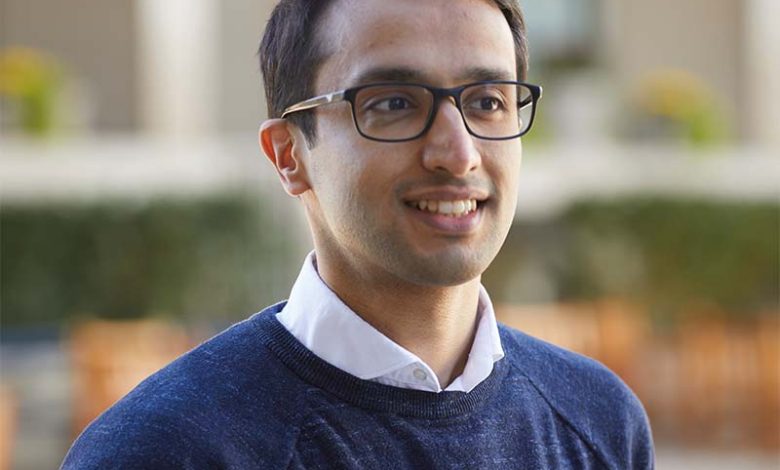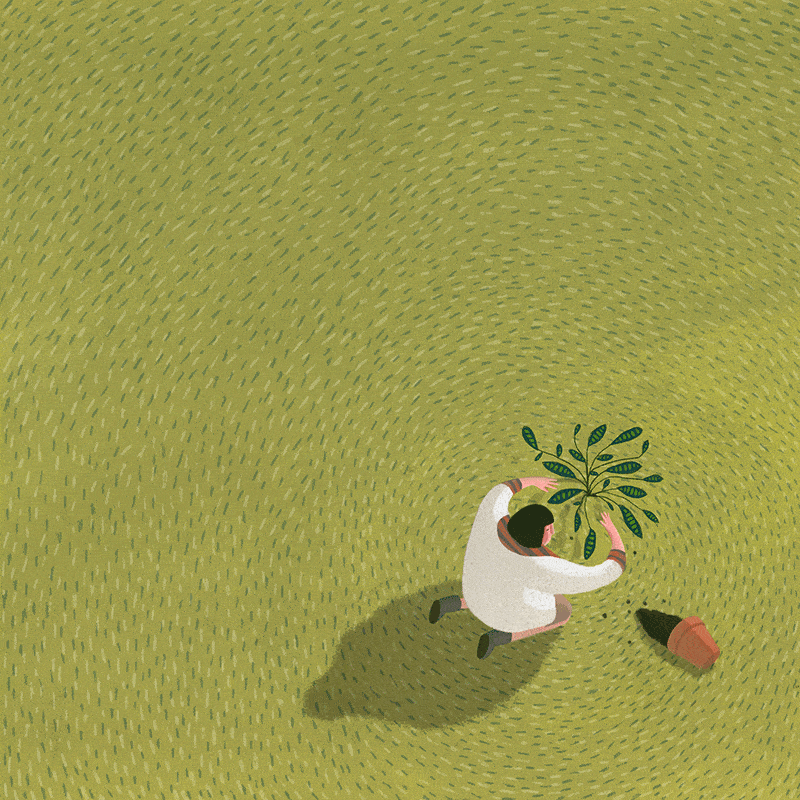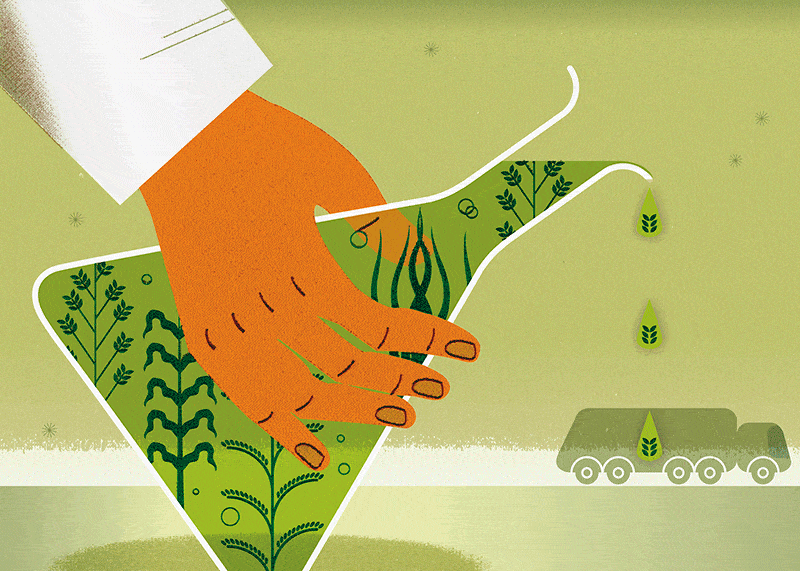Using Public Health Research to Study the Health Impacts of Heat and Air Pollution in Kuwait

For Barrak Alahmad, a medical graduate from University of Liverpool, UK, Kuwait is synonymous with dust storms and extreme temperatures. Growing up, he felt these two phenomena glare in his face wherever he looked out of the window. This motivated him from a young age to dedicate himself to the health of his people. One and half years into his stint as a junior doctor at Al Adan Hospital, he decided to specialize in public health. “Now, public health is not about having clinical experience with patients; it is more a study into population health,” Alahmad said. And that’s why he got into public health research.
To gain more expertise, Alahmad obtained a master’s in public health from John Hopkins Bloomberg School of Public Health and is currently pursuing a doctorate in population health sciences at Harvard T.H. Chan School of Public Health.
Asking the Right Questions First
Public health is a big umbrella and there are different facets to it, like the social and behavioral aspect, epidemiological aspect, data analysis, and health policy management, among others. Alahmad focuses on environmental and occupational health, where health of workers as a subpopulation is an area of interest because it’s the people who cannot afford to stay indoors and need to go out in the open to work that are the most vulnerable.
One of the first studies that Alahmad did, was a study on the impact of extreme temperatures on mortality of Kuwait’s inhabitants by analyzing historical data. It looked into the vulnerabilities of Kuwaiti society due to extreme temperatures.
To get answers, we need to ask the right questions, according to Alahmad. Once we know the determinants for the health conditions and vulnerabilities of the affected people, we can work towards mitigating them.
The study, funded by the Kuwait Foundation for the Advancement of Sciences (KFAS), found that migrant workers to be the most vulnerable subpopulation because they are not acclimatized to such extreme temperatures and often do not have protection nor access to healthcare facilities required to keep them fit. Alahmad intends to continue his work into health impact on vulnerable populations.
COVID-19: Giving Back to the Society
When COVID-19 hit, Alahmad was pursuing his doctorate in Boston, Massachusetts. He felt it was time to give back to his community and people. He connected with some Kuwaiti friends trained in public health in the U.S., came back to Kuwait and started conducting research assessments into different aspects of COVID-19 and the pandemic itself. The intent was to help the Ministry of Health make quick decisions on lockdowns and initiate healthcare capacity building.
In March 2020, when Abdullah Alshammari, a mathematical biologist and assistant professor at Kuwait University, was looking for an epidemiologist to assist him in predicting pandemic peaks using a preliminary mathematical model he had designed, Alahmad was his first choice out of many. “I was looking for a physician who was also an epidemiologist, a rare combination in Kuwait,” Alshammari said. “Besides, the person had to have a deep understanding of intricacies of research data and possess research integrity. [Alahmad] was the only one who ticked all boxes.”
Some other notable research studies were done for measuring effectiveness of lockdown, linkages between COVID-19 and intensive care and qualitative assessment of pandemic health risks on migrant workers.
Alahmad was also involved in a capacity building project with Janvier Gasana, associate professor and chair of the department of environmental and occupational health at Kuwait University, in collaboration with KFAS. The project engaged with healthcare workers to train them on wearing PPE kits and mitigating occupational risks due to continued exposure to the virus.
Looking into the Future Right Now
Alahmad is passionate just about the environmental impact of extreme temperatures for Kuwaiti population but also on the global population. He feels that more environmental studies should be initiated in the inherently hot and arid Gulf region, and the Middle East in general, to study the impact of rising temperatures on people, especially the vulnerable subpopulations.
“Kuwait is the right place to conduct these studies as the future environmental exposures we all are worried about - air pollution, extreme heat, changes in weather patterns and extreme weather events - are already amplified here,” Alahmad said. “We can provide meaningful contribution based on research and evidence to bodies like the Intergovernmental Panel on Climate Change and United Nations Framework Convention on Climate Change.”
Kuwait is already at the tail end of the global temperature range. The temperature extremes seen here are unlike anywhere else in the world. It was the hottest place on earth in July 2021; Kuwaiti city Rabat-Al-Jahara recorded a high of 53.5 C.
The environment has deteriorated in the past decade itself and Kuwaitis have seen enough to start studying the negative health consequences of environmental change with urgency. In September 2021, Alahmad received a grant from KFAS to study the current and future impact of extreme temperature and climate on mortality in Kuwait and globally. These studies are expected to be published by the end of this year.
Science and Research Can Provide Answers
The environment is a key integral part of health and society. And there is no magic stick to fix the impact of environmental exposures or rising global temperatures in the short term or the long term. “Environment discussions and climate change need to be part of public discourse but if we do not have the data to back up the claims, it becomes really hard to make people buy-in,” Alahmad said.
But if there is a willingness to change, science can provide the data needed to bring about the change for the decision makers. And Alahmad is the right person to spearhead this attempt due to his passion for research, inquisitive mind, research ethics and the fresh perspective he brings even to past data and research.
يجب أن تكون المناقشات المتعلقة بالبيئة والتغير المناخي جزءًا من الخطاب العام، لكن إذا لم تكن لدينا البيانات التي تدعم التصورات، فسيكون من الصعب حقا إقناع الناس بها
By Shweta




